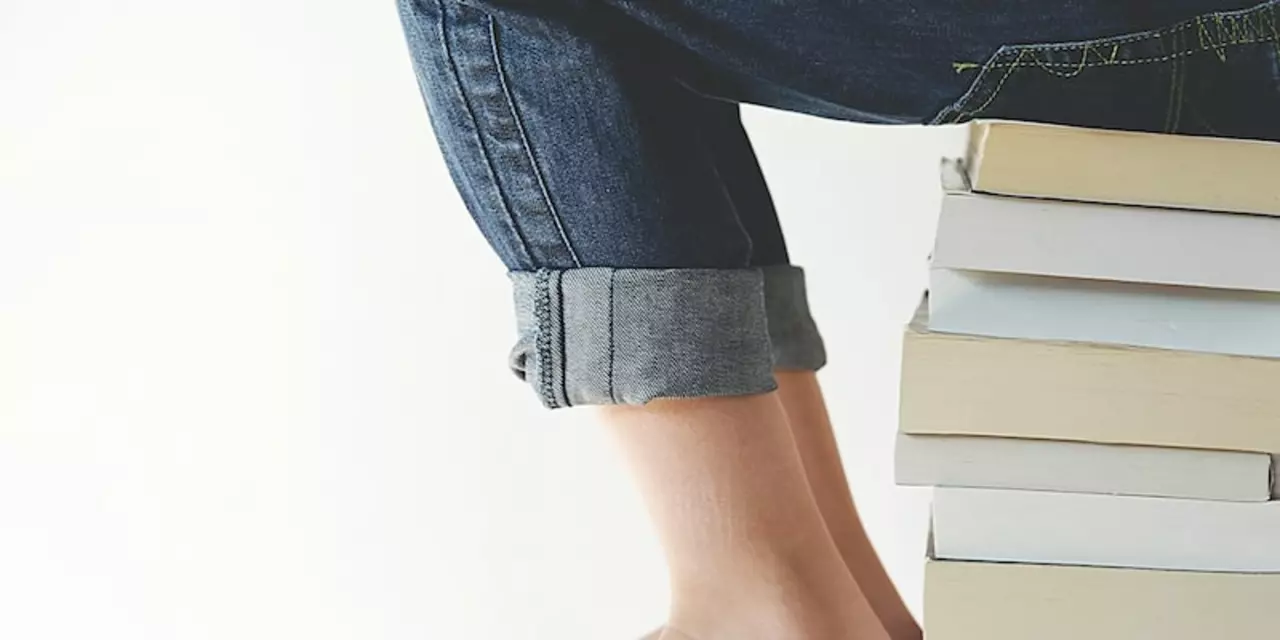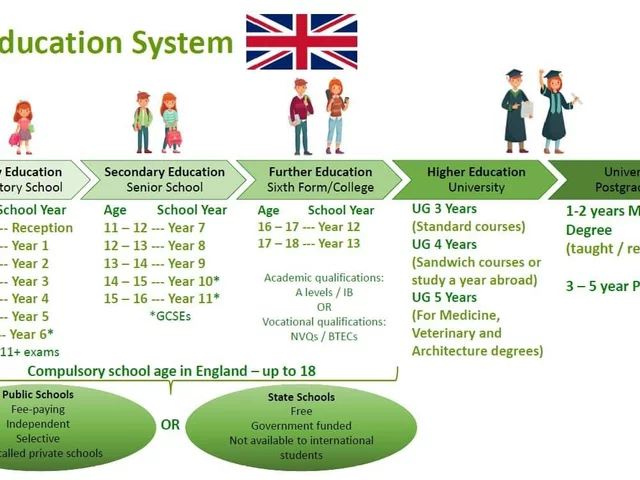Exploring the Top Special Education Programs Around the World
Special education programs are designed to meet the needs of students with disabilities, and the best programs around the world are tailored to provide the best possible educational experience. From large, well-funded public school systems to more specialized private schools, there are a variety of options when it comes to finding the best special education programs.In the United States, the Individuals with Disabilities Education Act (IDEA) requires that all students with disabilities have access to a “free appropriate public education” that is designed to meet their individual needs. This means that all students in the US are entitled to a quality education, regardless of their disability. The US Department of Education has also developed a comprehensive system of special education services and programs, as well as resources for parents and teachers.
In Europe, the European Agency for Special Needs and Inclusive Education (EASNIE) is responsible for promoting the inclusion of persons with disabilities in all aspects of society and education. The agency works to ensure that all students have access to quality education, and to ensure that they receive the necessary support services. The agency also works to ensure that best practices in special education are implemented, and that the rights of students with disabilities are respected.
In Australia, the Department of Education, Training and Employment (DETE) is responsible for providing educational services and programs for students with disabilities. The department works to ensure that all students have access to quality education and programs tailored to their individual needs. The department also provides resources and support to teachers, schools and communities to ensure that students with disabilities receive the best possible education.
In Asia, the Asian Network for Special Education (ANSE) is an umbrella organization that brings together special education organizations from around the region. The network works to promote the rights of students with disabilities and to ensure that they receive the best possible education. The network also works to ensure that all students have access to quality education and to promote the development and implementation of best practices in special education.
No matter where you are in the world, there are special education programs available to meet the needs of students with disabilities. From large public school systems to specialized private schools, there are a variety of options when it comes to finding the best special education programs. With the right resources and support, students with disabilities can receive the quality education they deserve.
A Comprehensive Guide to the Best Special Education Programs for Students with Disabilities
When it comes to providing special education to students with disabilities, there are a number of different types of programs available. Each program has its own unique approach to helping students to reach their fullest potential and succeed in life. Knowing which special education program is best for a particular student can be a daunting task. To help you in making this important decision, here is a comprehensive guide to the best special education programs for students with disabilities.1. Applied Behavior Analysis (ABA)
ABA is a scientifically-validated approach to special education that uses structured teaching and reinforcement to increase desired behaviors and reduce undesired behaviors. It is commonly used to help children with autism, but can also be adapted to help students with other disabilities. ABA is highly individualized and focuses on teaching skills through positive reinforcement, repetition, and modeling.
2. Positive Behavior Interventions and Supports (PBIS)
PBIS is a specialized approach to special education that focuses on teaching students appropriate behavior and providing positive reinforcement for desired behaviors. It is often used in classrooms and schools to create a positive learning environment and reduce problem behaviors. PBIS is based on research-supported strategies, such as functional behavior assessments, positive reinforcement, and social skills instruction.
3. Individualized Education Programs (IEPs)
An IEP is a legally-mandated document that outlines the special education services a student needs to receive in order to be successful in school. The IEP is individualized to each student’s unique needs, and typically includes goals and objectives, accommodations, services, and supports. It is developed by a team of professionals that include the student, parents, and teachers.
4. Functional Behavioral Assessments (FBAs)
FBAs are a type of assessment used to understand why a student is engaging in certain behaviors. The assessment typically includes interviews, observations, and data collection to help identify the functions of the student’s behavior. FBAs are used to develop behavior intervention plans (BIPs) that address the underlying causes of the student’s behavior and help them to learn more appropriate behaviors.
5. Inclusive Education
Inclusive education is an approach to special education that focuses on providing students with disabilities the same educational opportunities as their peers. It involves placing students in general education classrooms alongside their peers and providing them with accommodations, modifications, and supports to ensure they can access the curriculum and participate in activities.
By understanding the different types of special education programs available, you can make an informed decision about which one is best for your student. Whether you choose ABA, PBIS, IEPs, FBAs, or inclusive education, you can be confident that you are providing your student with the best possible education.



